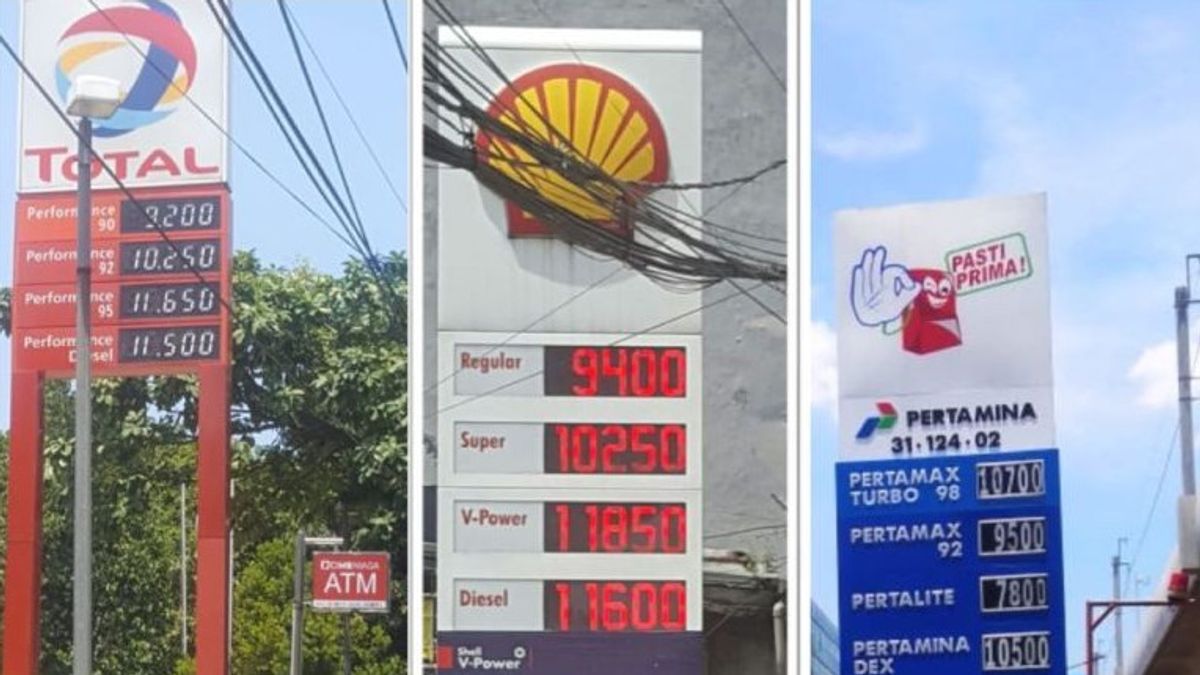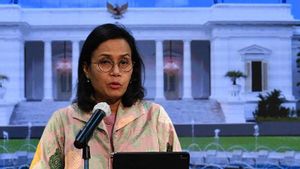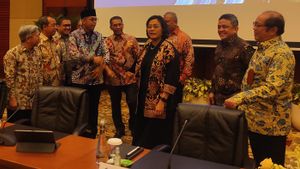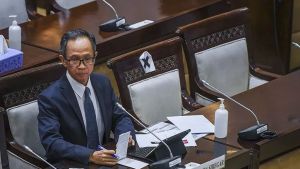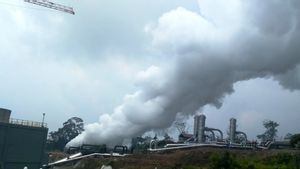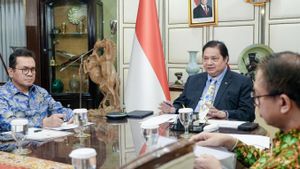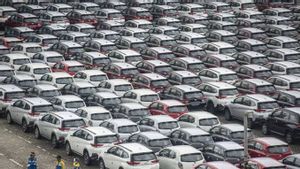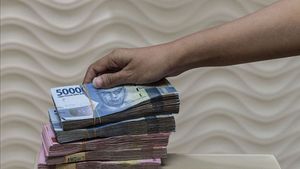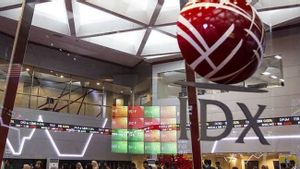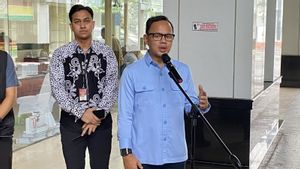JAKARTA - Non-subsidized oil fuel (BBM) business entities have been given flexibility from the government to regulate business activities both in terms of volume and price fixing.
Executive Secretary of the Indonesian Consumers Foundation (YLKI) Sri Wahyuni said that non-subsidized fuel prices were influenced by several factors, one of which was the movement of world crude oil prices, so that business entities also set fuel prices according to market prices by notifying them to the government.
"The price of non-subsidized fuel refers to the price of world crude oil and it is the operator's right to determine the price, although there is still a notification on the regulator," he said as quoted by ANTARA, Tuesday, January 2, 2024.
According to Sri Wahyuni, the determination of the price of non-subsidized fuel has been regulated through the Decree of the Minister (Kepmen) of Energy and Mineral Resources No. 245.K/MG.01/MEM.M/2022 as a Amendment to Kepmen No. 62 K/12/MEM/2020 concerning the Basic Price Formula in Calculation of Retail Selling Prices for Types of General Oil Fuel Types of Gasoline and Solar Oil which are channeled through Public Fuel Filling Stations.
One of the points on the regulation is that the non-subsidized fuel price adjustment is carried out according to the reference price.
"There are already regulations governing price adjustments, namely the Minister of Energy and Mineral Resources Decree No. 245.K/MG.01/MEM.M/2022 that fuel will adjust according to market prices every month," he said.
According to him, for now people have started to get used to fluctuations in non-subsidized fuel prices that follow the development of world oil prices.
However, the gas station as a distributor who is in direct contact with the community still needs to carry out socialization.
Sri Wahyuni added that with the clear legal umbrella in determining the change in the selling price of non-subsidized fuel by business entities according to market mechanisms, no party should politicize the decision to change prices.
He also emphasized that the change in the price of non-subsidized fuel was different from the determination of the subsidized fuel price, which was fully in the hands of the government.
"There should be no politicization, because there is already subsidized fuel such as Pertalite and diesel, which is subsidized fuel and the price policy is determined by the government and the volume of use is much more," he said.
He assessed that currently business entities have been transparent.
he gave an example that in the last few periods there has been a decline in non-subsidized fuel prices in line with the decline in world oil prices.
SEE ALSO:
Sri Wahyuni also reminded business entities to convey information on any changes in non-subsidized fuel prices.
"As a right to information for consumers, the ups and downs of non-subsidized fuel prices must be conveyed to consumers," he concluded.
Meanwhile, in its development, non-subsidized fuel consumers have also been comfortable using non-subsidized fuel. Likewise with price adjustments at the beginning of the month, which are considered normal and commonplace.
The English, Chinese, Japanese, Arabic, and French versions are automatically generated by the AI. So there may still be inaccuracies in translating, please always see Indonesian as our main language. (system supported by DigitalSiber.id)
